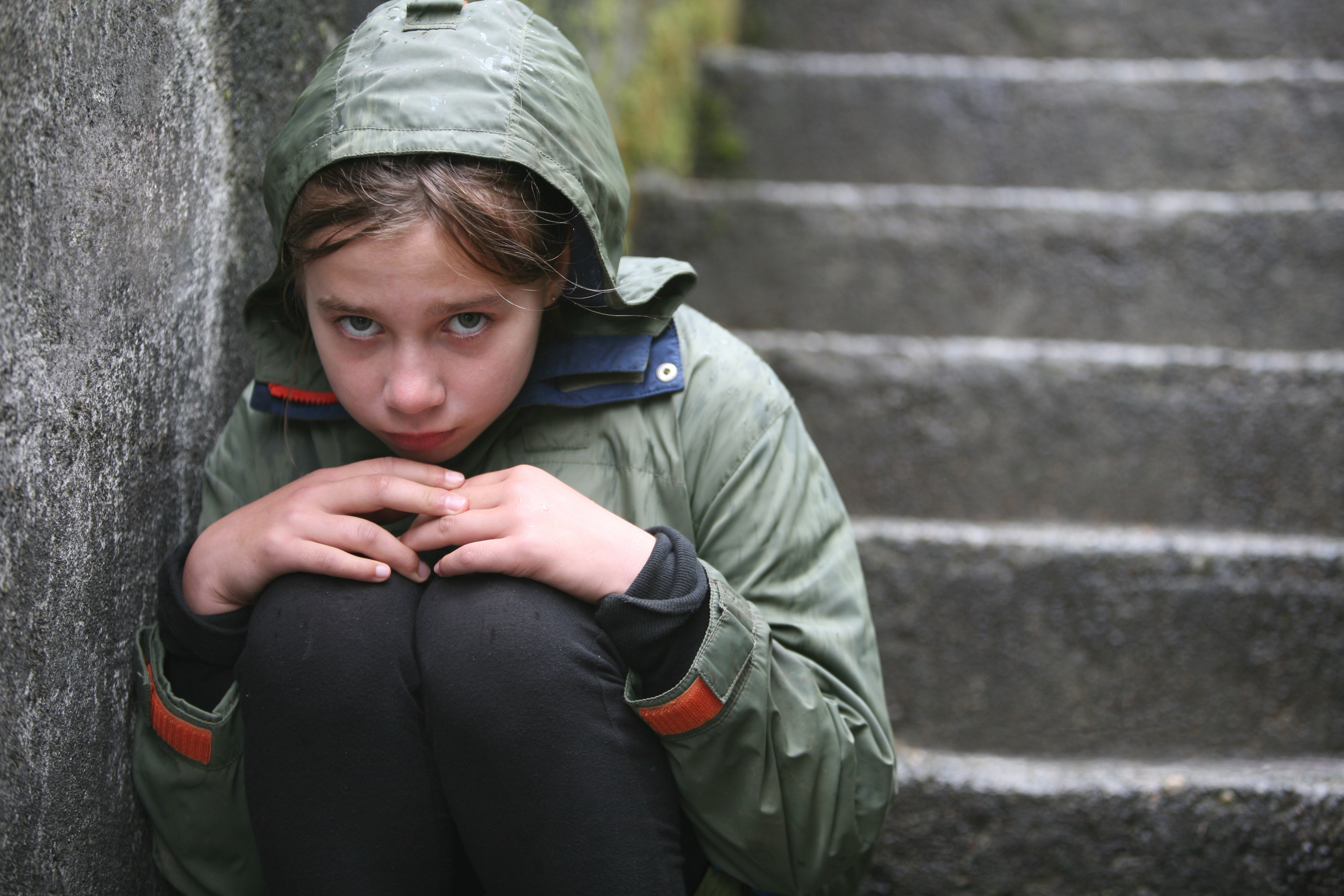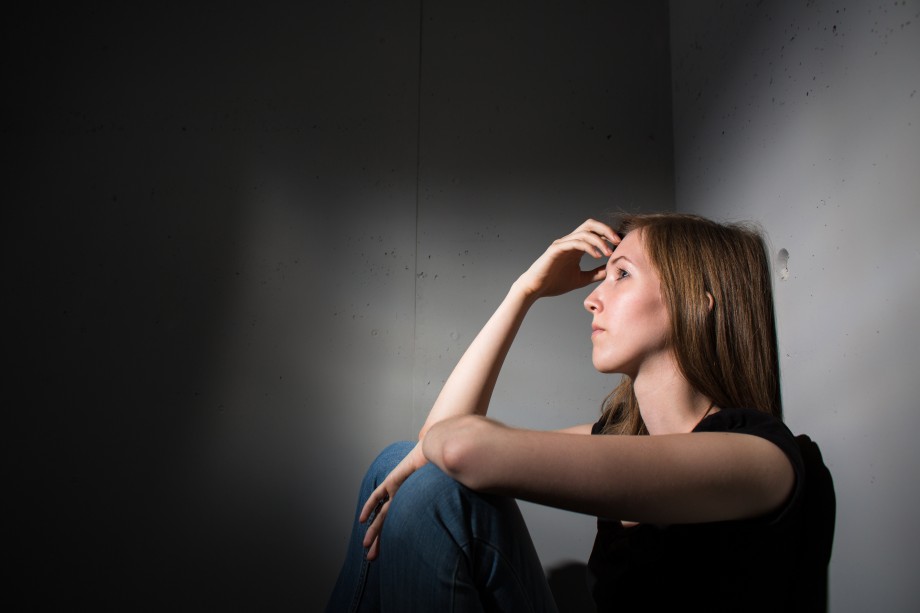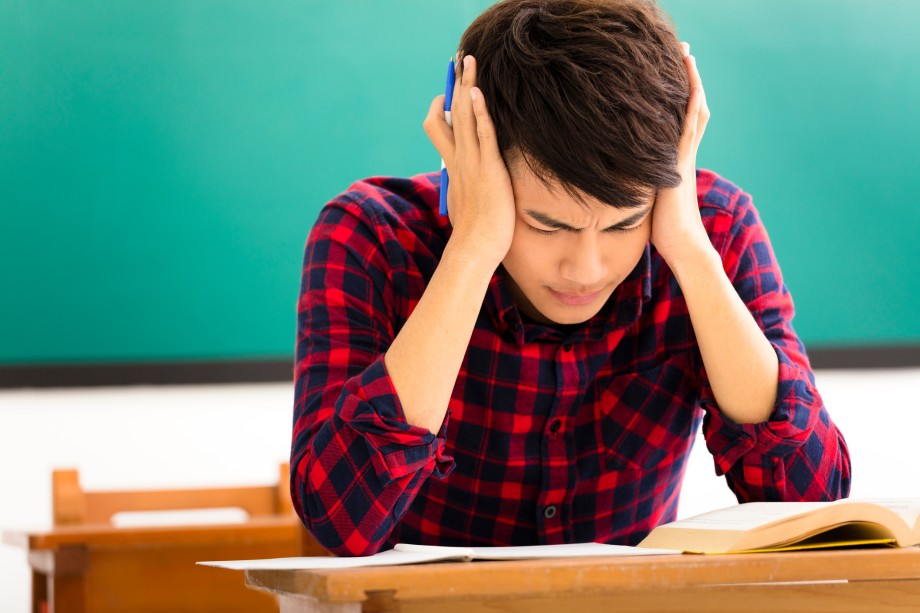Bullying can have serious and long-lasting consequences for the victim. Children that have experienced being bullied can develop various difficulties. Even though the bullying has stopped, victims of bullying may struggle with the consequences for years afterwards.

First published March 11, 2015
Research shows that bullying affects children's physical and mental health, and their social and academic functionality.
Symptoms
Children who are, or have been, bullied, may:
- complain of having stomach aches or head aches
- struggle with anxiety and depression
- sleep badly
- feel sadness and lack of joy
- feel excluded and alone
- experience a lack of appetite
- develop a negative self - they start believing that something is really wrong with them, with the things they are bullied about
- lose joy of activities that were fun before
- experience stress and poor concentration in class
- develop a tendency to isolate themselves, to avoid new children / people or new activities-all that could create unsafe conditions
- have trouble forming and keeping relationships in the future, develop school refusal, drop out, and may in some cases attempt suicide.
The children who are struggling the most are those that both harass and are victims of harassment by others over a long period of time.
In recent years, research has shown that some victims develop post-traumatic stress symptoms in the same way as children who have experienced natural disasters. These symptoms affect learning and normal functioning in school.
- It is very important that the schools / teachers have knowledge of the consequences of bullying.
- Schools should develop a plan for systemic monitoring of the victim over time and in the school context.
- Good monitoring requires effective cooperation between teachers, parents and support services to support and adapt the learning environment to the needs of these students.
Text: Ella Maria Cosmovici Idsøe
Sadness and lack of joy
Bullying can also provide persistent sadness and lack of joy.

In a longitudinal study (6) (ie adhering to a variety of people over time) it was found that being bullied at 14-15 years of age was connected to being depressed and having lower self-esteem in young adulthood (22-23 years).
About the same time, another study (7) reported that being bullied was related to a higher risk of developing depression, compared with youths who were not involved in bullying. They investigated this among 2,342 youths in six schools in New York, from grade 9 to grade 12.
This study also found that being bullied is associated with suicidal thoughts and suicide. Case stories have also been written about this tragic outcome. One of these ("remembering Brian") (8) is about a 15-year-old boy that commits suicide after prolonged bullying. In Norway, two suicides at the beginning of the 80s set in connection with bullying (9), show how dramatic the consequences can be for the victim.
Self image is also affected by bullying, and it seems that the more often you are exposed (ie how often you have been bullied), the lower the self-image (10). Also a French study (11) confirms the connection between being bullied and to have lower self-esteem.
Another phenomenon that is related to bullying is school refusal. This is completely understandable and not unexpected at all. Amongst students who are bullied, there has been found (12) a higher prevalence of school refusal due to them being afraid for their own safety. Furthermore, there is a well-established connection (13) between bullying and discomforts such as headache / stomachache, sleep problems, and sometimes bedwetting.
Text: Professor Thormod Idsøe
Psychological and physical consequences
Bullying can cause serious problems in children. The psychological harm done can be long term, such as depression - where constant mind games and little faith in the future are prominent symptoms, as are post-traumatic symptoms such as avoidance and anxiety.

Psychological consequences of bullying are described in an article about bullying and PTSD symptoms (Idsøe, Dyregron & Idsøe, 2014). When it comes to physical consequences, recent research shows that many children also suffer from physical ailments after being bullied, resulting in health consequences later on in life.
In one study, 1,420 children aged 9 to 21 years were followed over time and the effects of bullying were examined. The study was conducted at Duke University School of Medicine in Durham, North Carolina (Copeland, et.al., 2014).
The children and their mothers were interviewed several times regarding bullying and blood tests and medical examinations were conducted. The level of C-reactive protein was measured in the blood samples. This protein is a marker that often measures body inflammation level (low-grade systemic inflammation) and can be affected by various environmental factors.
The findings showed that the C-reactive protein level rose for every one as they got older, but higher levels of inflammation were documented in the children who had been bullied. What implications does this have for kids who are being bullied?
The more often the children had been bullied, the higher the inflammation level over time. Scientists believe that if children get inflammation in their body, it can lead to chronic inflammation, which may lead to the risk of serious health problems in the long term, such as diabetes or heart disease. Inflammation level was heightened because of bullying and therefore children can become sicker in adulthood.
What were the results for those who were bullies? The study found that children who bullied, without being bullied themselves, had less inflammation over time than children who have not been involved in any bullying. It reflected that children who were bullies increased their social status and got better health over time.
The authors believe that it is important to take these findings seriously when facilitating measures. The results show that a child's role in bullying may be a risk and a protective factor for the development of inflammation. For children who are bullied, the results show that they get a weaker health in the long term.
Text: Associate professor Klara Øverland
Posttraumatic stress symptoms of bullying
In recent years, researchers have started to become aware that bullying can lead to post-traumatic stress symptoms (PTSD symptoms).

Although bullying can result in PTSD symptoms, it is unclear whether bullying may also lead to the diagnosis PTSD (2) (Posttraumatic stress disorder). We will here explain a little bit about what these symptoms are, and about the relationship with bullying. We will not discuss the question of diagnosis here.
PTSD symptoms can occur to a greater or lesser extent. They appear in three subgroups:
- The first of these is called intrusive memories. It means that one experiences frequent intrusive thoughts / memory images / "flashbacks" / reliving something bad that has happened. These intrusive memories are often triggered by something in the environment that reminds us of the bad things that occurred. An example of this could be the smell and sight of newly cut grass triggering bad memories about being bullied on the way home from school. The smell in itself can lead to collapse. In smaller children, intrusive memories sometimes lead to what we call repetitional play over themes or aspects of the event.
- The next symptom group is something we call the physiological activation. This means that the body is "at full speed" and can be expressed in sleep problems, restlessness, etc. It can also cause irritation or anger, and difficulty in concentrating. It is easy to understand that these symptoms can interfere with schoolwork.
- The third symptom group is what we call persistent avoidance behavior. This may appear as avoidance of thoughts, feelings or conversations / topics that are associated with the bad experience. It can also happen through avoidance of places, activities or people that remind us of the trauma. Pupils who have been bullied said they like to do detours to avoid seeing their school or other places they associate with the bullying, as this may evoke painful memories and feelings about what happened. Other time, they simply withdraw from situations where one talks about bullying and the like. Avoidance behavior may be both conscious and unconscious.
PTSD symptoms can significantly hinder those affected to function in daily life, and be very disruptive.
We have found a fairly clear correlation between being bullied and having PTSD symptoms afterwards. While one study (3) found that 37 percent of victims of bullying reported such ailments, another study (4) found that 25 percent of those who had been bullied had intrusive memories of what had happened long after they had left school.
In a survey we conducted ourselves (5), we found that 28 percent of boys who were bullied and 41 percent of girls who were bullied had symptom levels on par with people with a PTSD diagnosis and are in need of professional help. To get a diagnosis, one must however examine other factors in addition to symptom levels.
Text: Professor Thormod Idsøe
Depression and suicidal behavior
Children that have been bullied often suffer from impaired psychological health or customization. They may have trouble forming friendships and tend to isolate themselves.

Children who are or have been bullied suffer thus both emotionally and socially, and this may harm their development. When a childs self-image is weakened and the child is lonely, negative thoughts and ponderings take over. The child is then in a negative depression circle, which can be difficult to reverse without professional assistance.
For the child, school will often feel like an unsafe place to be and it will try to avoid or skip school. Long-term problems will often appear in adolescence, when young people are struggling with difficult thoughts and are unable to interact with peers. Some children and young people resort to self-mutilation and, in worst case, attempt suicide.
An English study found that children who were bullied at the age of eight to ten had a greater risk of experiencing psychotic symptoms in adolescence.
In such cases, it is important that the child or youth get immediate help of the specialist. If a teacher or parent discovers bullying or long-term effects of bullying, it is important to take this up with the school and GP as early as possible, to ensure that the child receives the necessary assistance.
Text: Associate professor Klara Øverland
Sources
Taking on School Bullies. Harvard Mental Health Letter, Sept. 1th 2009. [Read: Feb. 15th 2015] http://www.health.harvard.edu/newsletters/Harvard_Mental_Health_Letter/2009/September/taking-on-school-bullies
Schreier A, et al.: Prospective Study of Peer Victimization in Childhood and Psychotic Symptoms in a Nonclinical Population at Age 12 Years. - Archives of General Psychiatry (May 2009): Vol. 66, No. 5, pp. 527
